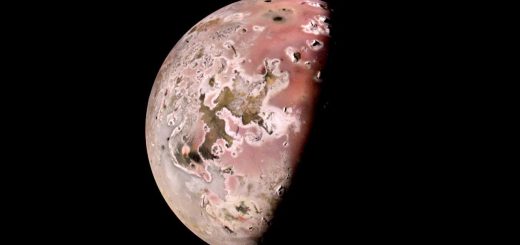Are farmed oysters, mussels and clams the ultimate green foods?
You can feast guilt-free on farmed oysters and mussels as their production can have environmental benefits – but those probably don’t include capturing carbon
By Michael Le Page
1 September 2025
Tuck into a green dish of bivalves
Shutterstock/Plateresca
Picture an environmentally friendly food. Your mind might turn to the humble lentil, but is it possible to eat more luxuriously while still staying green? Bivalves such as oysters, mussels, clams and scallops already have green credentials, thanks to their ability to clean polluted water. Now, some researchers are arguing that they can even mop up carbon dioxide as well. Could farmed bivalves be the ultimate green food?
Food production is to blame for around a third of greenhouse gas emissions, on top of all the other damage it does, so identifying foods that minimise that harm is essential. When it comes to seafood, farming is usually regarded as more sustainable than catching wild fish. But farmed fish need at least some wild fish in their diet and, according to a study out last year, the amount of wild fish being caught to feed to farmed fish has been wildly underestimated. Fish farms also produce a lot of pollution from fish excretions and uneaten food.
Read more
Should we give up on recycling plastic?
The huge advantage of bivalves is that they don’t need active feeding. They are filter feeders that eat tiny particles of nutrients in seawater, including plankton. Most coastal waters are now overloaded with nutrients due to nitrogen and phosphorus pollution, so the harvesting of farmed bivalves helps to remove some of this excess, cleaning up the water as a byproduct of food production.
Harvesting wild bivalves can be harmful – for instance, dredging for wild scallops destroys seafloor life such as sea fans, corals and sponges. But farming bivalves has relatively few downsides, especially compared with, say, razing rainforests to feed beef cattle.
But wait, there’s more: in the past decade, a growing number of studies have claimed that farmed bivalves capture carbon – a claim that, if true, might allow farms to claim carbon credits as another source of revenue.


